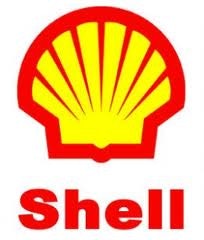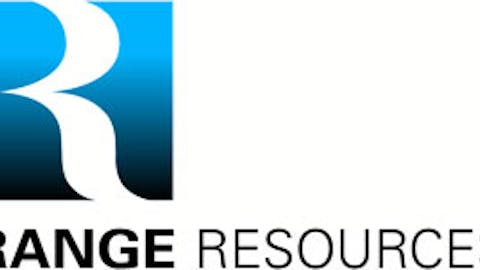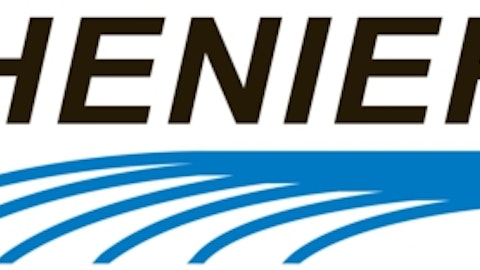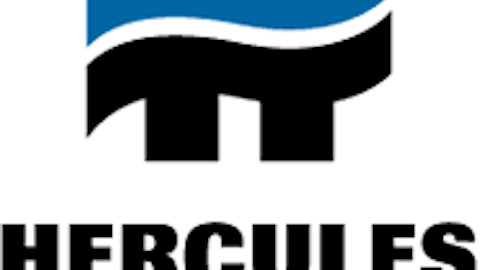
With CEO Peter Voser set to depart next year and downstream chief Ben van Beurden getting ready to take his place, let’s take a closer look at three major operational challenges Royal Dutch Shell plc (ADR) (NYSE:RDS.A) will need to right if it is to keep shareholders happy.
Nigeria operations
First up are Royal Dutch Shell plc (ADR) (NYSE:RDS.A)’s operations in Nigeria, which have been plagued by oil theft, vandalism, and attacks on oil infrastructure that resulted in the loss of some 100,000 barrels a day during the second quarter. Shell isn’t alone in this respect; the theft and sabotage issue in Nigeria has been so severe that several foreign companies have been forced to either scale back investment in the country or even retreat entirely.
For instance, Total SA (ADR) (NYSE:TOT) last year sold its 20% stake in an offshore Nigerian oil field to Chinese oil giant Sinopec Shanghai Petrochemical Co. (ADR) (NYSE:SHI), while ConocoPhillips (NYSE:COP) sold its entire Nigeria unit to Toronto-listed Oando Energy Resources for roughly $1.79 billion in cash last December. And Chevron Corporation (NYSE:CVX) recently announced that it will sell five oil blocks in Nigeria’s shallow waters.
To combat these threats, Royal Dutch Shell plc (ADR) (NYSE:RDS.A) has decided to revamp its strategy in the country by divesting many of its onshore fields and instead focusing on offshore fields, where the threat of sabotage and theft is substantially lower. Over the past three years, the Hague-based company has sold eight licenses in the sabotage-prone Niger Delta region for a total of $1.8 billion and is currently reviewing the future of its 28 remaining leases in the country as it attempts to concentrate its “operating footprint into a small, more contiguous area.”
Alaska operations
Another hurdle for Royal Dutch Shell plc (ADR) (NYSE:RDS.A) will be its Alaskan oil campaign, which has been beset by a host of regulatory and legal challenges as well as equipment failures. With shareholder outrage mounting at the more than $5 billion Shell has invested into the failed Arctic campaign, Shell recently reached a decision and said it would “pause” its Alaska drilling activities as it prepares “equipment and plans for a resumption of activity at a later stage.”
While it might appear at first glance that Shell is cutting its losses, I don’t think that’s the case. The company’s decision to shelve its Alaska project is the right one, given current regulatory and environmental uncertainties. And in any case, Royal Dutch Shell plc (ADR) (NYSE:RDS.A) has stated that it doesn’t expect to begin commercial production in Alaska before 2025 so, within that context, another year’s delay is insignificant. All that extra time should give it plenty of time to make sure that its equipment and personnel are ready to resume operations.
Motiva refinery
Lastly, Shell’s Port Arthur Motiva oil refinery, which it co-owns with Saudi Aramco, may present an additional challenge for van Beurden. The giant refinery, currently the largest in North America after it recently finished up a $10 billion expansion project, has been plagued by several recent mishaps, including a fire in June of last year that forced it to close down for several months. Operations at Motiva only recently returned to normal after it was shut down to correct operational issues related to an unspecified process unit on July 10.
The bottom line
To be fair, however, not all of Royal Dutch Shell plc (ADR) (NYSE:RDS.A)’s major projects have been dismal failures like the ones that were the focus of this article. In fact, thanks to solid performance from some of its businesses, including integrated gas and downstream, Shell projects its cash flow in the period 2012-2015 to be 30%-50% higher than in the 2008 to 2011 period.
But still, investors remain concerned because there appears to be no end in sight to the company’s spending; Shell recently raised its capital spending budget to $40 billion for the year, up from its previous estimate of $33 billion. Going forward, capital efficiency will be key if Shell is to convince shareholders that it is a capable steward of their money and that it can continue growing cash flow and sustaining dividend payments.
The article 3 Major Challenges for Shell originally appeared on Fool.com and is written by Arjun Sreekumar.
Fool contributor Arjun Sreekumar has no position in any stocks mentioned. The Motley Fool recommends Chevron.
Copyright © 1995 – 2013 The Motley Fool, LLC. All rights reserved. The Motley Fool has a disclosure policy.





